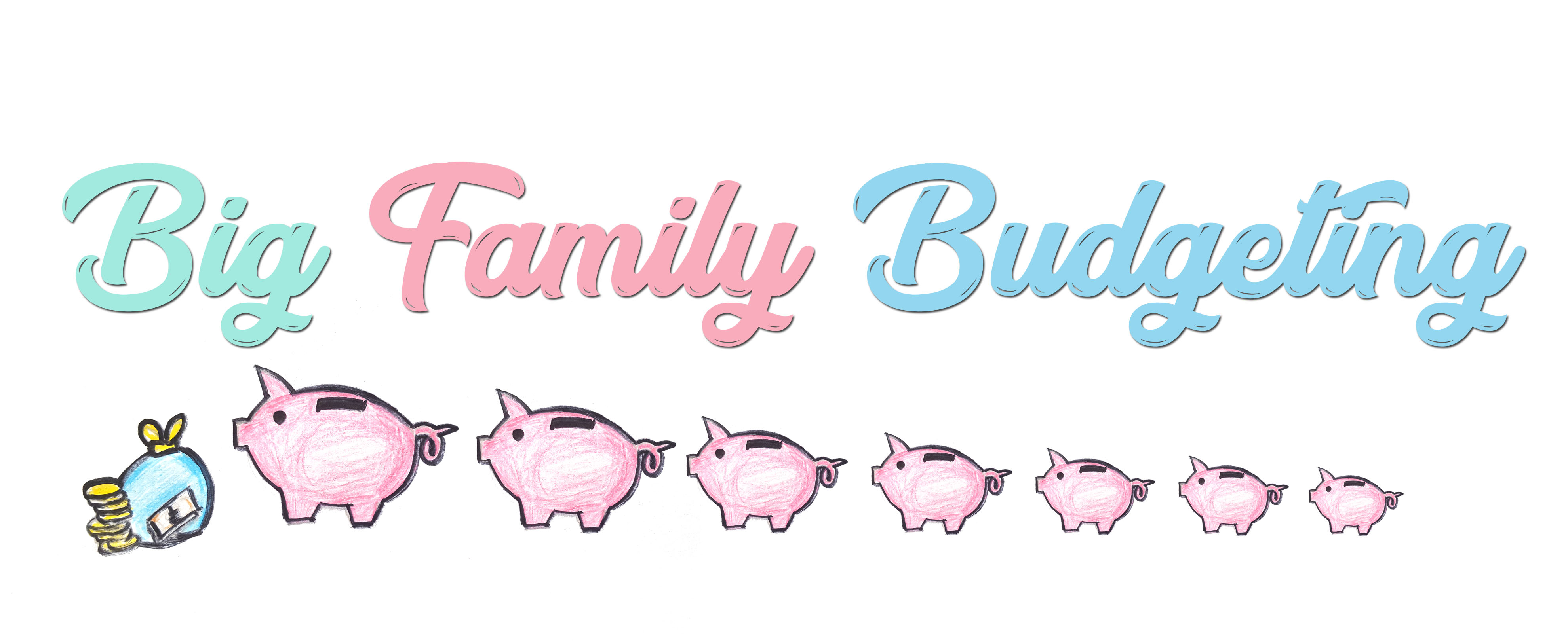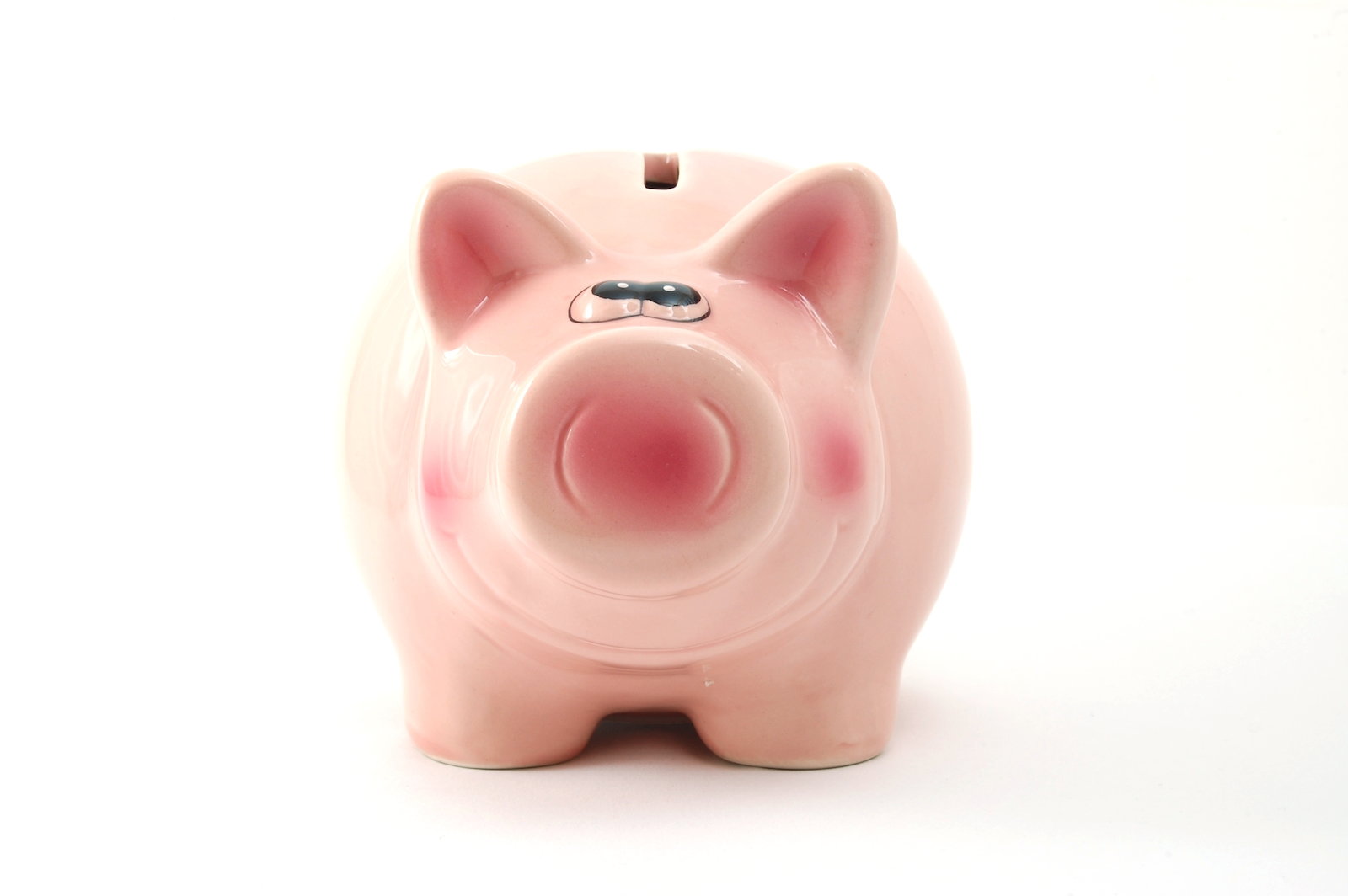
How To Live Within Your Means And Achieve Your Goals
If you want to get ahead in life and start saving or paying off debt, you’ll need to look more closely at living within your means.
It’s so easy to get tempted by all kinds of interesting things, but the problem is that although spending money might feel good at the time, it soon leads to guilt and negative feelings when you realise that you didn’t need to spend it at all, and really could have saved it instead.
Equally, if you keep putting things on credit, all you’ll be doing is getting yourself into a worse situation and never getting back out of it.
This is why living within your means is so important. When you can live within your means, you’ll stop using credit, and you’ll be able to save a lot more. Read on to find out how to get started.
Assess Your Current Financial Situation
The first step to really living within your means is to properly assess your current financial situation. You need to know where your money is going right now, and whether you are happy with that situation.
Make a list of everything you pay for that you can’t change, like your utilities and your rent or mortgage. Then list out the things you pay for that you can change, like TV subscriptions you don’t watch or gym memberships when you no longer go to the gym.
Once you know what you should and should not be paying for, you can start cancelling payments and recoup your money – all of which could go immediately into savings for your larger purchases, like Seat used approved cars or a holiday, for example.
Create A Budget
Once you have a good idea of what your current financial situation is and how you might like to improve it, you will need to create a budget.
This should not be something where the numbers are guessed at or just plucked out of the air – you need to know precisely how much you are spending and how much you need to save.
To begin your budget, start by categorising your expenses. Categories could include fixed expenses (like the ones we mentioned above), variable expenses (like food, which is necessary but can change from week to week), and entertainment, for example.
You can then allocate your income to each category, starting with the fixed expenses and moving down the list. If there is nothing left over, you’ll immediately know that something has to change.
Increase Your Income
One of the best ways to achieve your goals – whatever they might be, they are usually going to cost money – and still live within your means is to increase your income.
Of course, this is easier said than done, but it is certainly something to think about.
Start by considering how much extra money you need to achieve your goals without getting into debt or using up all your savings in one go.
If it’s a little, a small side hustle could be the ideal solution. If it’s a lot, you might need to switch careers entirely. It’s a big decision either way, so make sure you have thought everything through before making any commitments.



